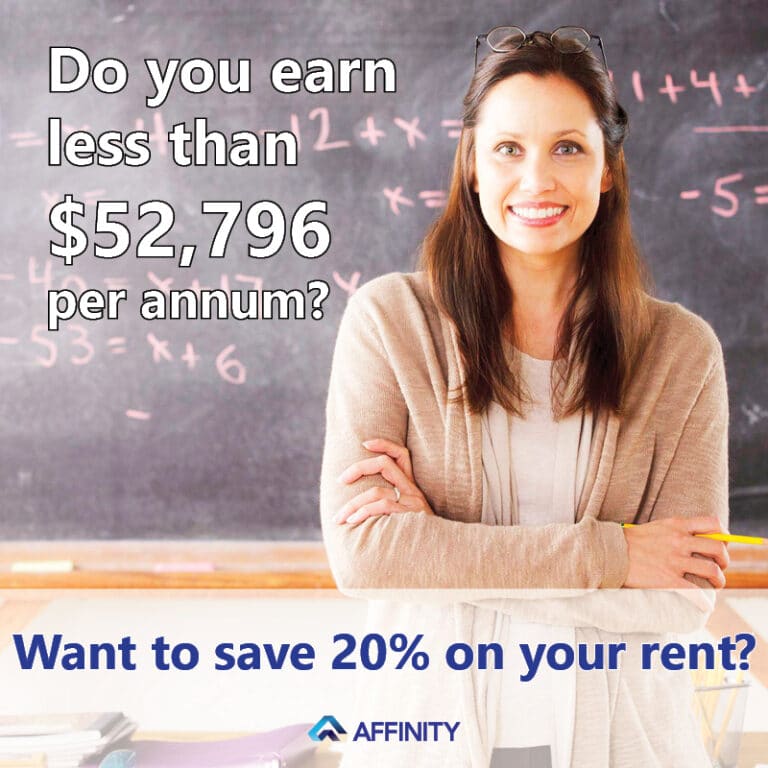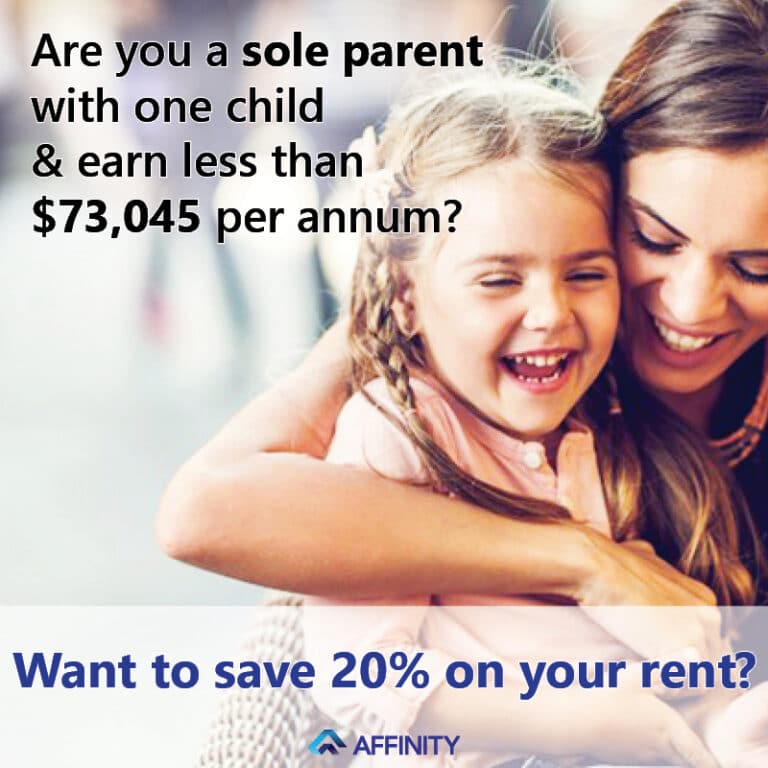If your answer is ‘YES’, then you should check out NRAS – the National Rental Affordability Scheme. This fantastic government funded program helps tens of thousands of people gain access to high quality properties including houses, duplexes, townhouses and apartments. To learn more about whether you are eligible for NRAS, please click the on-line eligibility checklist below.








Household incomes can range between $52,795 (single person household) up to $156,919 (family with 3 kids). Consequently, many Australian families and households may be eligible to rent an NRAS property.
The Australian Commonwealth Government recently updated the NRAS Regulations (March 2020). Tenant eligibility details are set out in Part 4 of the NRAS Regulations https://www.legislation.gov.au/Details/F2020L00282
These details are set out below:
Part 4—Eligible tenants
4.1 Eligible tenants
(1) In this instrument:
(a) a reference to the tenants of a rental dwelling is a reference to the particular person or persons who are tenants of the dwelling; and
(b) the day on which those tenants become tenants of the dwelling is their start day; and
(c) the 12?month period beginning on their start day or an anniversary of their start day is an eligibility year for those tenants; and
(d) adult means:
(i) a person 18 years of age or older; or
(ii) a person under 18 years of age living independently outside of the family home and who is not financially dependent on an eligible tenant; and
(e) child means a person under 18 years of age who is financially dependent on an eligible tenant.
(2) The tenants of a rental dwelling covered by an allocation become eligible tenants on their start day if their combined gross income for the 12 months ending on the day before the start day does not exceed the income limit for their household as set out in this section.
Note: For working out the income limit, see subsections (5) to (8).
(3) Eligible tenants cease to be eligible tenants if:
(a) they cease to be tenants of a rental dwelling covered by an allocation; or
(b) their combined gross income exceeds the income limit for their household by 25% or more in 2 consecutive eligibility years; or
(c) a person (other than an eligible tenant) joins their household and the person’s income for the previous 12 months exceeds the income limit for a first adult for the year in which the person joins the household.
Note: See subparagraph (5)(a)(i) for the income limit for a first adult for a year beginning in the NRAS year beginning on 1 May 2019.
(4) For the purposes of paragraph (3)(a), a person does not cease to be an eligible tenant only because of a move if the move:
(a) is from one rental dwelling covered by an allocation to another rental dwelling covered by an allocation; and
(b) happens because of unexpected or exceptional circumstances.
(5) The income limit for a household for a 12 month period beginning in the NRAS year beginning on 1 May 2021 is:
(a) if the household does not include a sole parent:
(i) $52,795 for the first adult; and
(ii) $20,198 for each additional adult; and
(iii) $17,514 for each child; and
(b) if the household includes a sole parent:
(i) $55,530 for the first sole parent; and
(ii) $20,198 for each additional adult; and
(iii) $17,514 for each child.
(6) For the purposes of this section a rental dwelling may only include one household.
(7) The income limits mentioned in subsection (5), for a household for each subsequent NRAS year, are the amounts for the previous NRAS year indexed in accordance with the NRAS tenant income index for that subsequent NRAS year, rounded to the next whole dollar.
(8) The Secretary may, by legislative instrument, change from time to time, any or all of the income limits mentioned in subsection (5).

If you wish to rent an NRAS property, strict criteria apply to your rental application. Applications must be completed with all supporting information before they can be assessed. Before you submit your application, please ensure you have:
More articles about NRAS & Government Housing Assistance
Since 2008, we’ve helped more than 5,000 thousand families across Greater Brisbane save over $20 million in rent. Many of these households have moved forward to buy their first home.